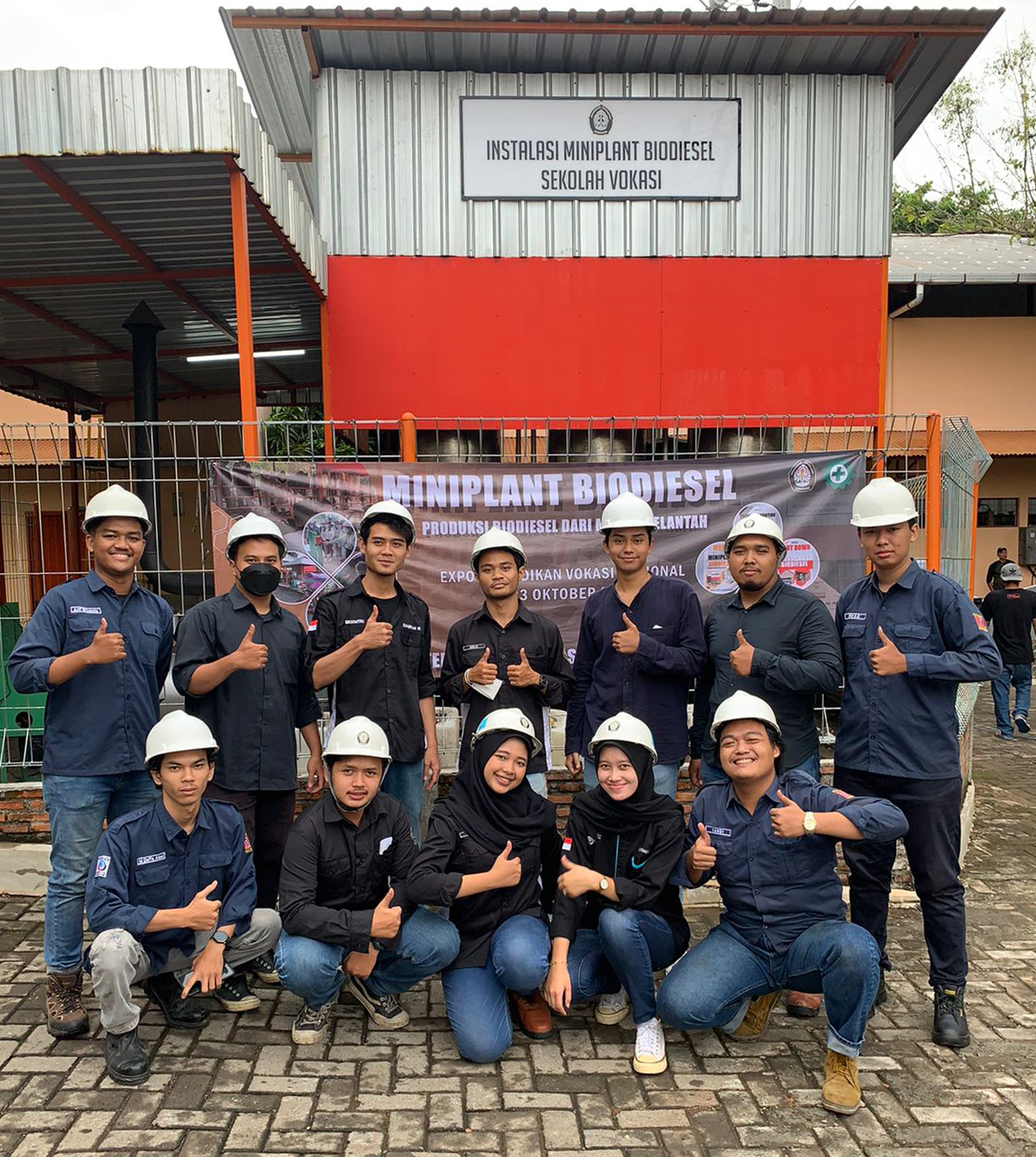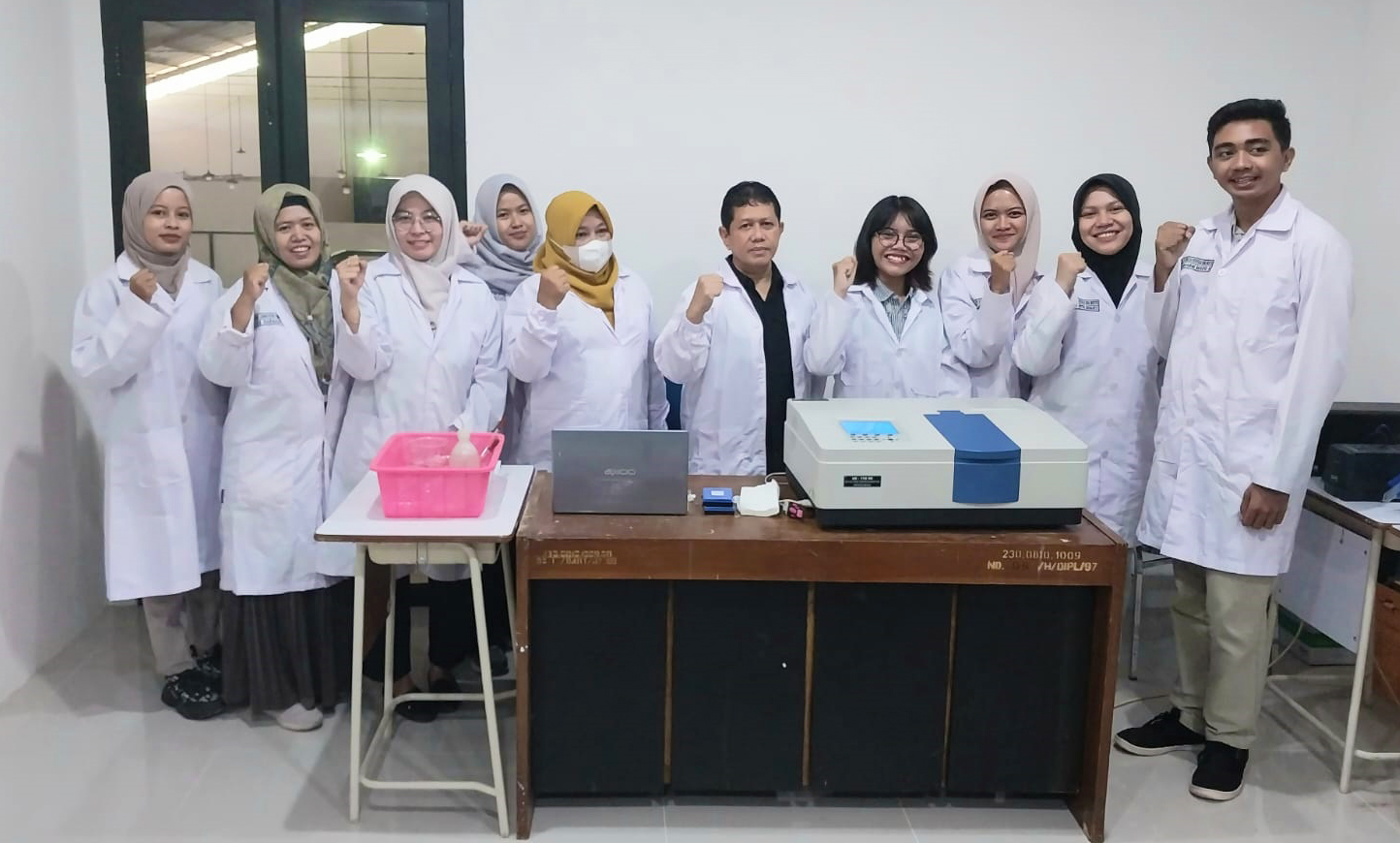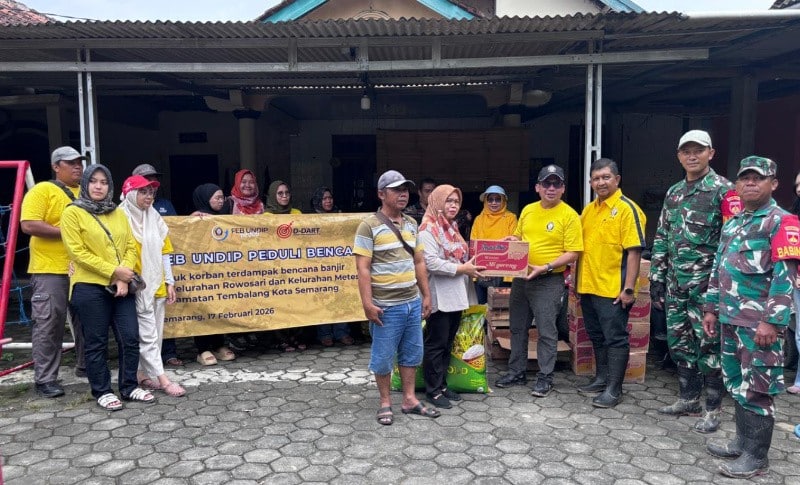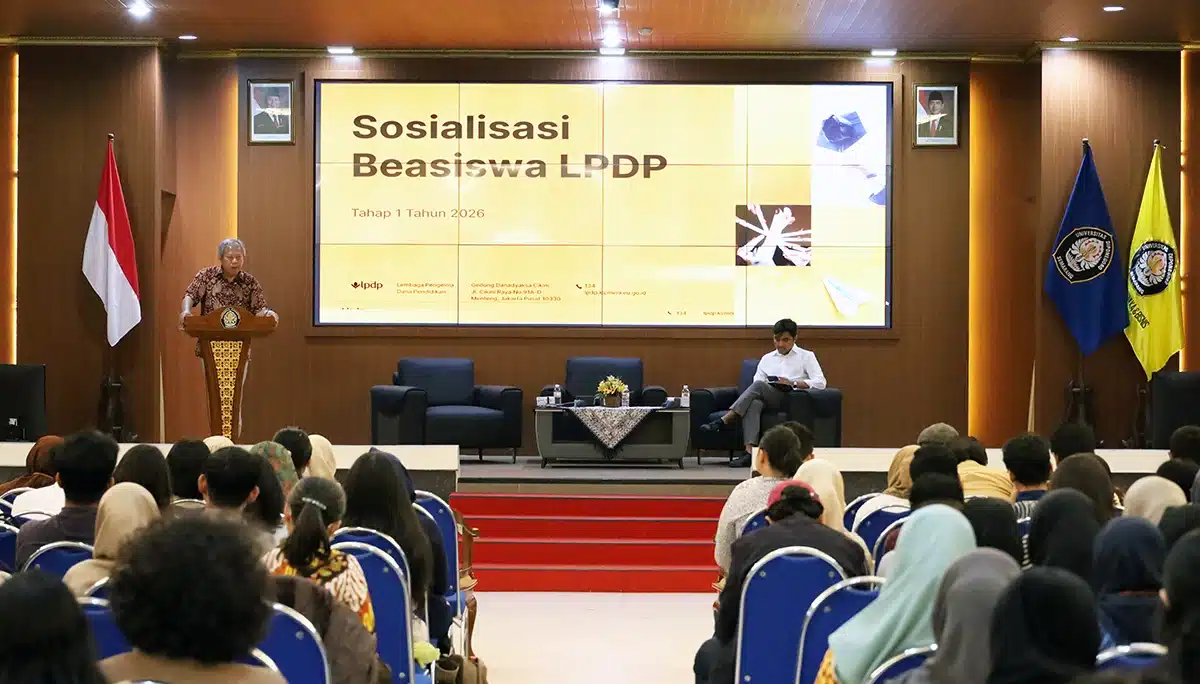Millennial industrial dynamics really demand graduates who perform both mentally and physically. Therefore, the study program continues to strive to increase learning innovation and creativity in accordance with current industry needs.
Likewise, the Undip Vocational School’s Industrial Chemical Engineering Technology Study Program (TRKI) has organized procurement activities for supporting equipment for the Biodiesel Teaching Factory (TEFA) and TEFA Drinking Water such as UV-VIS spectrophotometry and Filling Bottles. Procurement activities with the person in charge, Dr. Ria Desiriani, S.T., M.T., is part of the 2023 Competitive Fund program of the Directorate General of Vocational Schools (Ditjen Diksi).
Ria said that with the addition of UV-VIS spectrophotometry and Filling Bottle equipment, it is hoped that the number of courses with TEFA-based learning will increase. “Currently, the courses that have been designed are Teaching Factory-based, such as Occupational Health and Safety, Industrial Water Treatment Technology, Utilities, Instrumentation & Process Control, Start & Shut Down, Technology Companies, Chemical Industry Process Analysis, and other courses. “Therefore, simultaneously, both TRKI lecturers and staff are also equipped with various competency certificates such as OSH Implementer, Energy Audit, Industrial Energy Manager, and other certifications, as well as the implementation of ISO 45001:2018, which is one of the requirements as a TEFA-based teacher and manager,” explained Ria.
“The learning method for the course is TEFA-based, implemented directly at TEFA, and students replicate the practice at the mini plant to improve skills. Materials such as start-up, shut-down, cleaning and overhole, troubleshooting and solutions, and many other materials are delivered practically. “The hope is that after graduating and taking part in selections in the industry, such as the FGD (Focus Group Discussion) test related to case studies, the alumni will show performance because it is in accordance with the learning they have done so far,” said Ria. Another replication is by implementing independent learning such as lecturer and staff activities, namely Research and Community Service, which involves students.
Meanwhile, the Head of the TRKI Study Program, Mohamad Endy Yulianto, S.T., M.T., said, “TEFA development in the near future will be in the form of digitalizing process control which we will centralize using a Distributed Control System (DCS). This development is, of course, also a collaboration with related study programs such as Mechanical Design Engineering (RPM), Industrial Electrical Engineering (TLI), and Automation Engineering Technology (TRO) with the support of practitioner lecturers such as Dr. Novi Hery Yono (PPSDM Migas – Cepu), Ir. Jahnawi Tri Wasisto, M.M., MBA. (Ex Vice President of ENI Indonesia) and Tjoek Oedowo, S.T., M.H. (President Director of PT Wealthindo Putrapramesti Perkasa).”
Endy added that the TRKI education system, which is designed with the OB TVET (Principles, Infrastructure and Superstructure) learning concept, prepares highly performing graduates according to the needs of the millennium industry. The vocational learning system developed focuses on Outcome-Based Education (OBE) with the Outcome-Based Curriculum (OBC), Outcome-Based Learning and Teaching (OBLT) and Outcome-Based Assessment and Evaluation (OBAE) learning systems to welcome Cybergogy learning. It is actively linking creativity through Web 4.0, communicating, collaborating in Cyber, self-regulated, ownership, generative, inspiring, and meaningful. Therefore, the education system is modifying the Dual System, which is integrated with the Digitalization Teaching Factory according to the needs of the job market and industrial development.
Prof. Dr. Ir. Budiyono, M.Si., as Dean of the Diponegoro University Vocational School, gave a positive response to the vocational learning innovations developed by the Study Program. “In order to achieve the vision of Vocational Schools as centers of superior vocational education, we support the OB TVET concept in steps to develop activities that support work-ready graduates. The continuation of the Industrial Revolution 4.0 and Society 5.0 makes the dynamics of the post-college world even higher. “Therefore, we need to prepare graduates to have global competitiveness, which includes hard skills and soft skills,” as stated by Prof. Budiyono. It’s Vocational Champion Time!












